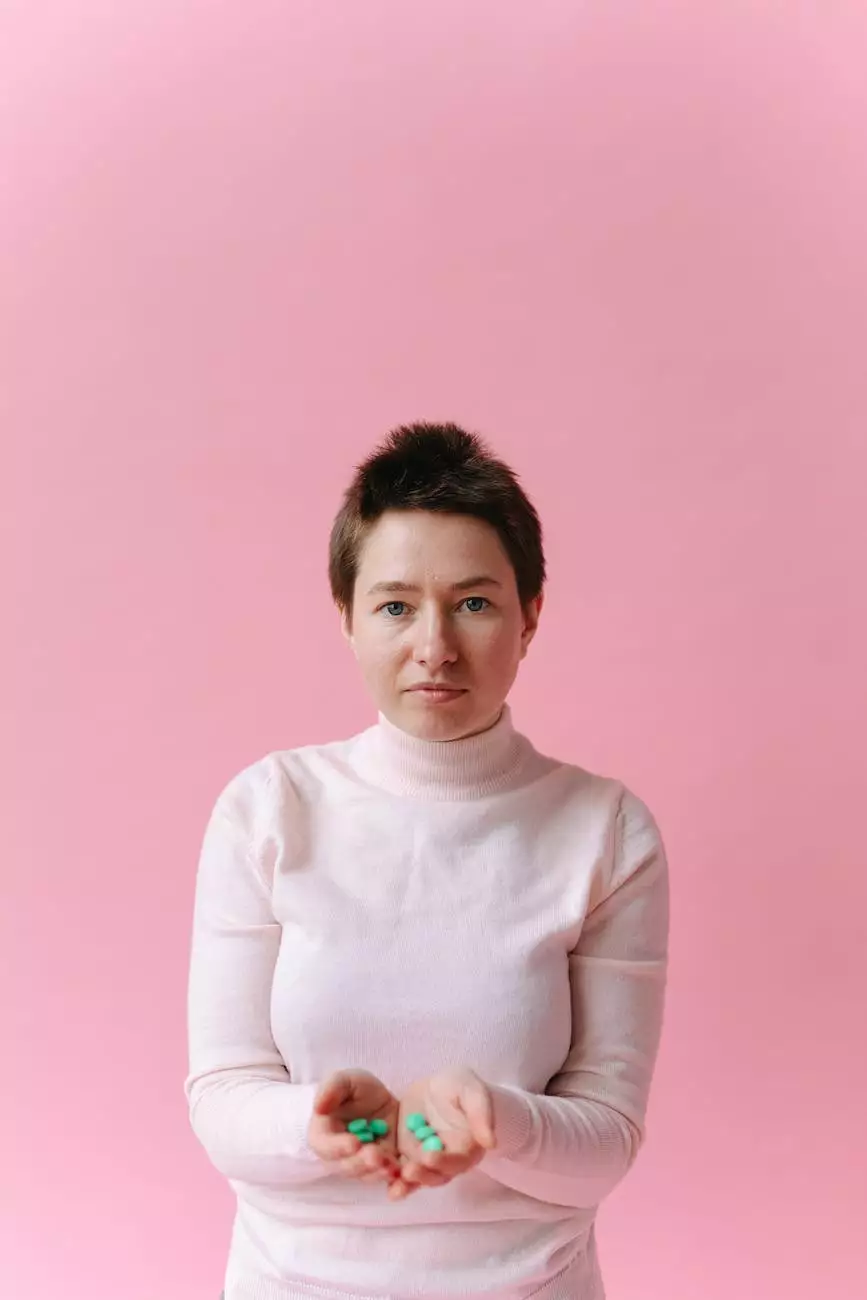How Hormones Impact Hair Loss

Understanding Hair Loss and Hormonal Imbalances
When it comes to hair loss, hormones play a crucial role. Hormonal imbalances can significantly impact hair growth, resulting in excessive shedding, thinning, or even baldness. At Smith, Arthur F, MD, we understand the complexity of this issue and provide expert guidance to our patients.
The Role of Androgens
Androgens, such as testosterone, are known to affect hair follicles. In individuals genetically predisposed to hair loss, an enzyme called 5-alpha-reductase converts testosterone into dihydrotestosterone (DHT). DHT then binds to the hair follicles, causing them to shrink and eventually leading to hair loss.
In men, this process can lead to male pattern baldness, characterized by receding hairline and thinning on the crown. Women, on the other hand, may experience diffuse hair thinning across the scalp. Understanding the impact of androgens on hair growth is crucial in developing effective treatment strategies.
Thyroid Disorders and Hair Loss
The thyroid is another key player in hair growth. Thyroid hormones control metabolism and have a direct influence on the health of hair follicles. Both hypothyroidism and hyperthyroidism can disrupt the hair growth cycle.
In the case of hypothyroidism, an underactive thyroid, hair loss is often characterized by dry and brittle hair that breaks easily. On the other hand, hyperthyroidism, an overactive thyroid, can lead to excessive hair shedding. Treating the underlying thyroid disorder is essential for restoring hair health.
The Impact of Cortisol
Cortisol, often referred to as the stress hormone, can also contribute to hair loss. Prolonged periods of stress can disrupt the normal hair growth cycle and push more hair follicles into the resting phase.
Chronic stress can lead to a condition called telogen effluvium, where large amounts of hair are shed at once. Managing stress levels is not only beneficial for overall health but also essential for maintaining healthy hair.
Menopause and Hair Loss
Hormonal changes during menopause can also trigger hair loss in women. As estrogen levels decline, the balance between androgens and estrogens becomes disrupted, leading to increased hair shedding.
Understanding the hormonal fluctuations during menopause and their impact on hair growth is crucial in finding effective solutions. At Smith, Arthur F, MD, we offer personalized treatment options to help women navigate through this stage and maintain healthy hair.
Treatment Options for Hormonal Hair Loss
At Smith, Arthur F, MD, we specialize in treating hormonal hair loss through a comprehensive approach. Our team of experts carefully evaluates each individual's hormonal profile to develop personalized treatment plans.
Depending on the underlying cause, treatment options may include:
- Prescription medications to inhibit the conversion of testosterone to DHT
- Hormone replacement therapy to balance estrogen levels
- Thyroid medication to regulate thyroid hormone levels
- Lifestyle modifications to manage stress levels
- Nutritional counseling to ensure a balanced diet
Conclusion
Understanding how hormones impact hair loss is a fundamental step towards finding effective solutions. At Smith, Arthur F, MD, we prioritize thorough evaluations and personalized treatment plans to address hormonal imbalances and promote healthy hair growth.
Don't let hair loss control your life. Contact Smith, Arthur F, MD today for expert advice and long-term solutions to your hair loss concerns.




